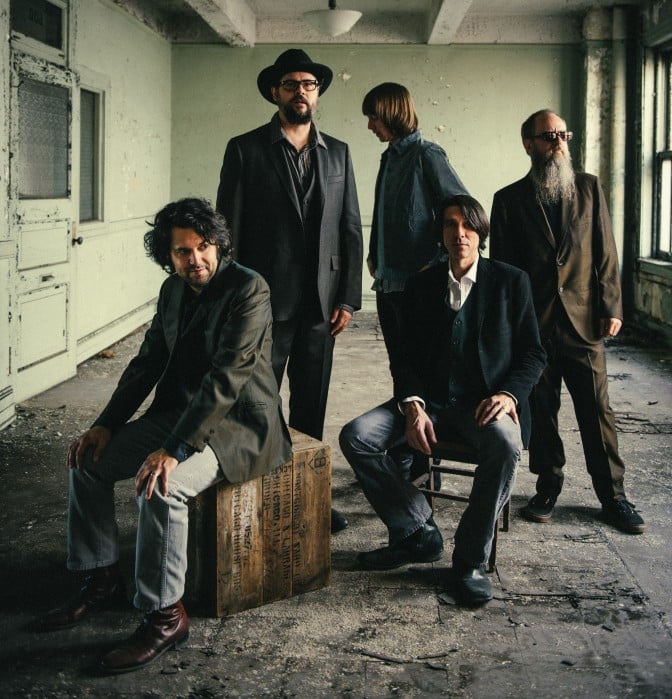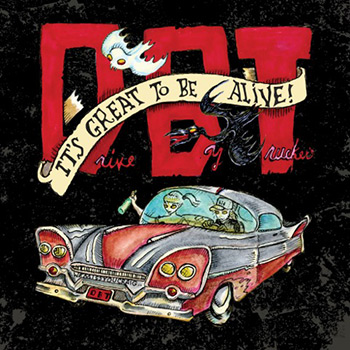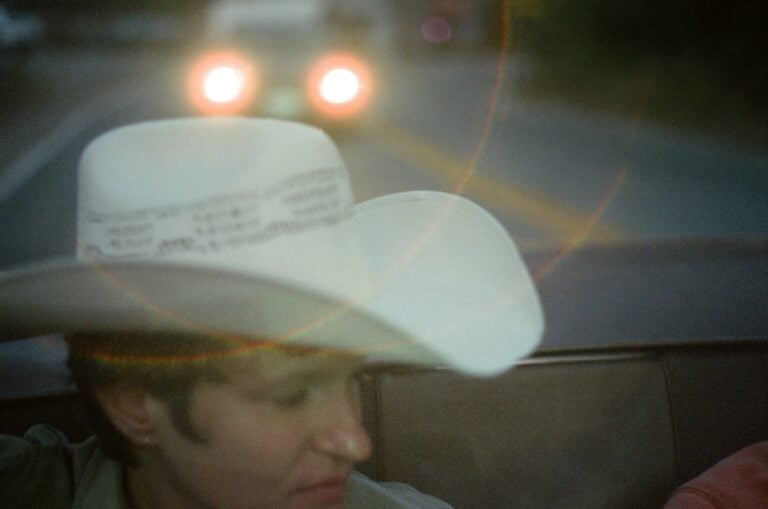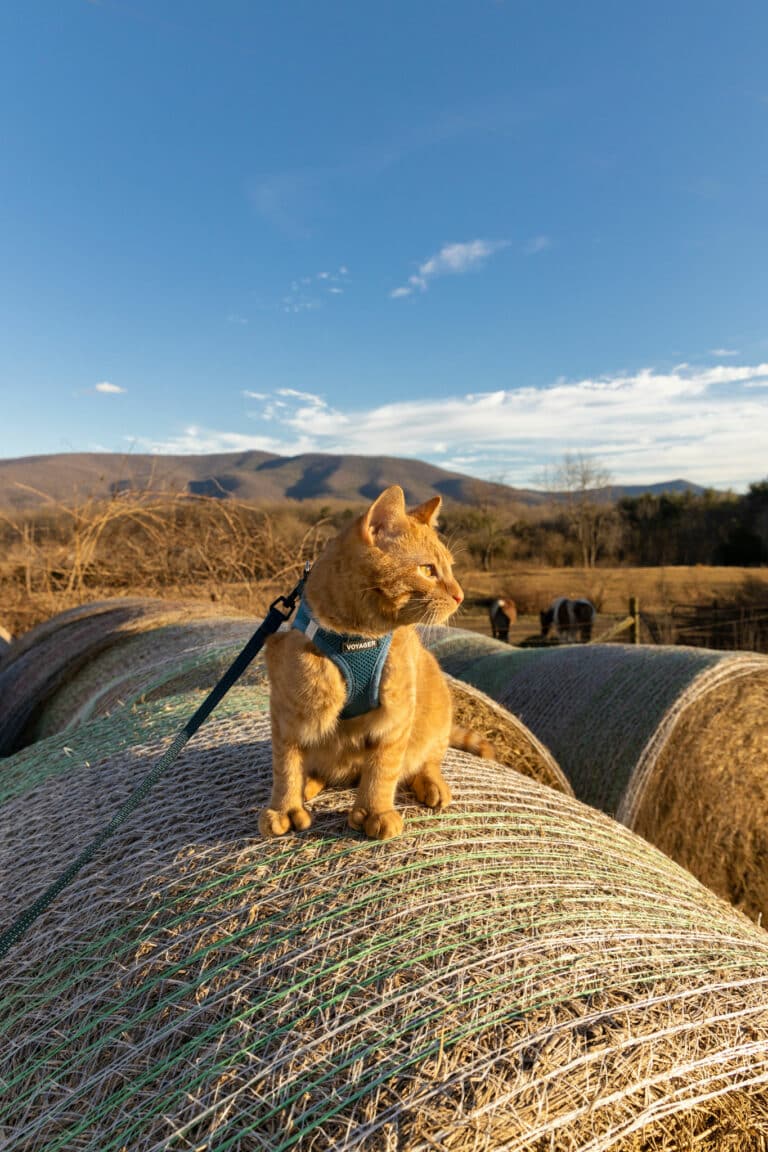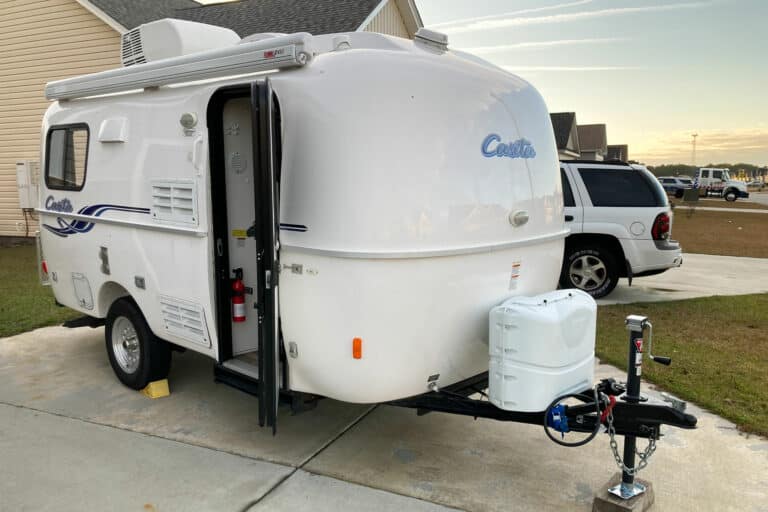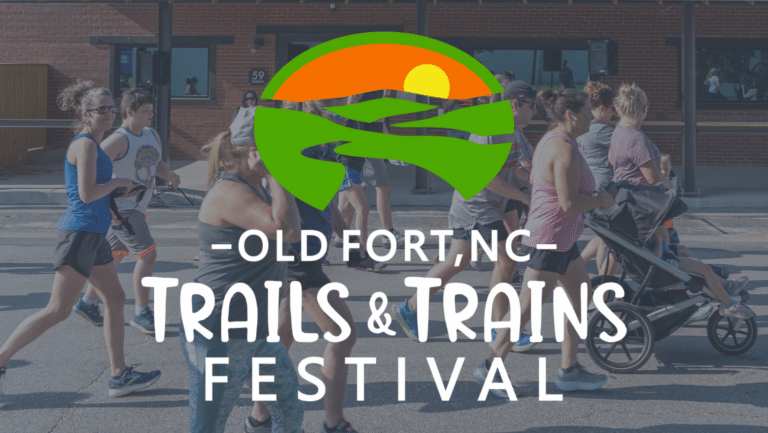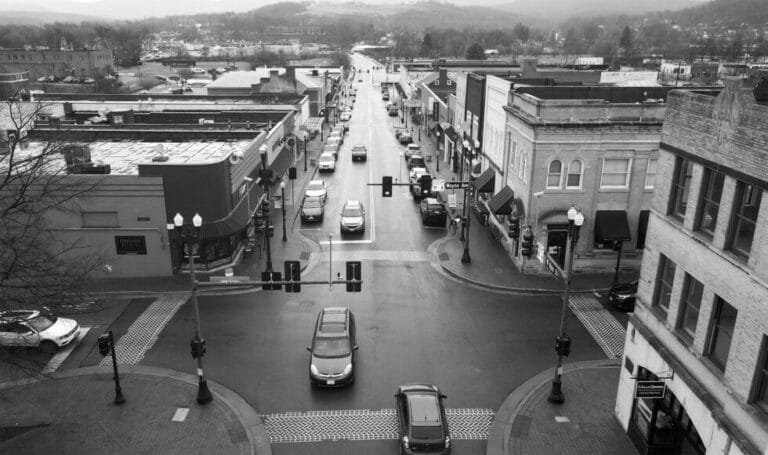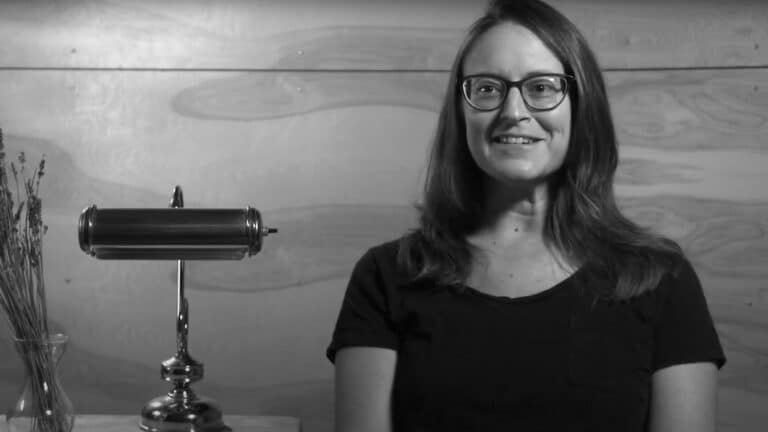Photo by David McClister
As Patterson Hood sings the chorus in “The Righteous Path,” a hard-hitting standout from the Drive-By Truckers’ new sprawling 35-track live album, his gravelly voice sounds a little more weathered than usual. Not that the wear and tear hasn’t been well earned. Hood is now 51 and he’s been fronting the Truckers alongside his main songwriting foil Mike Cooley for just shy of 20 years. In the two decades since the band emerged from Athens, Ga., it has played approximately 2,000 shows, released 10 studio albums, and had 14 different members. Impossible to calculate but no less relevant to the experience are the number of relentless road miles between gigs, Jack Daniels bottles killed onstage, or the eardrums permanently damaged at the band’s rowdy, deafeningly loud rock shows.
It’s Great to Be Alive!, which will be released on October 30, comes across as a grand retrospective that celebrates the Truckers’ scrappy longevity, despite some turmoil. Culled from a three-night stand at the legendary Fillmore Auditorium in San Francisco, the effort finds Hood and Cooley trading tunes that touch every part of the band’s impressively prolific discography.
Through the years various line-ups have adjusted the band’s Southern rock sound—a mix of big distorted anthems, twangy thought-provoking ballads and even some of the dusty soul from Hood’s upbringing in Alabama as the son of the bassist of the famed Muscle Shoals Rhythm Section. The common thread, however, has always been Hood and Cooley’s vivid lyrics, which illustrate with brutal honesty many hard-to-swallow aspects of life in the South.
That’s on full display in the new live set, as Hood revisits “The Living Bubba,” a tragic story song about a bar musician with AIDS who finds the will to live through his nightly shows that first surfaced on the Truckers’ primitive 1998 debut Gangstabilly. Cooley shines on the band’s more recent material, particularly the politically charged “English Oceans,” where he tells the crowd a story about growing up in Alabama and remembering being embarrassed when a visit from then-President Jimmy Carter to his hometown was interrupted by the KKK.
Make no mistake: the Truckers’ lead songwriters are both proud of where they come from. You can hear it when Hood gets personal looking back at his 1999 song “Box of Spiders,” written for his grandparents. But they’ve also never been willing to sugarcoat the region’s shortcomings. The Truckers’ critical breakout came after the 2001 release of Southern Rock Opera, a two-disc concept album about growing up in the South, creatively filtered through reverence for Lynyrd Skynyrd. Hood referenced the album in July when he wrote a poignant op-ed in the New York Times Magazine about the Confederate Flag controversy that followed the tragic mass shooting at the Emanuel African Methodist Episcopal Church in Charleston, S.C.
“The album wrestled with how to be proud of where we came from while acknowledging and condemning the worst parts of our region’s history,” he wrote, while also elaborating on his craft. “As a songwriter, I’ve spent the better part of my career trying to capture both the Southern storytelling tradition and the details the tall tales left out, putting this dialectical narrative into the context of rock songs.”
That sums up what’s destined to be the band’s cemented legacy, something worth noting at a time when the group finally seems to have a comfortable roster. The band has admitted to internal discord as notable members have come and gone through the years, including Americana tunesmith Jason Isbell, who wrote some of the band’s most popular songs during his six-year tenure.
These days, though, the Truckers play as a lean five-piece outfit that is arguably its tightest incarnation. Hood and Cooley handle the guitars with steadfast drummer Brad Morgan behind the kit. Spunky bassist Matt Patton holds down the low end, and the unsung hero is keyboardist Jay Gonzalez, who shines on It’s Great to Be Alive! by easing the intensity of the distortion with gospel-hued organ accents, funky vamps, and airy piano fills.
The new album closes with “Grand Canyon.” The song is a moving elegy for Craig Lieske, a band crew member who passed away suddenly of a heart attack in 2013. It’s meditative and melodic, persisting for more than 13 minutes before patiently reaching a crashing peak that tapers off into piercing single note of feedback. When Hood sings the line, “Lug our sorrows, pains and angers and turn them into play,” it’s a reminder that even with some age on the wheels, his band is still finding creative ways to roll with the punches.
